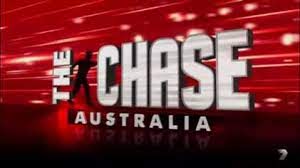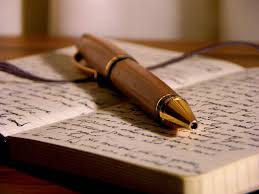Earlier this year I auditioned for The Chase Australia. It was time to give it a go – and what was the worst that could happen – not get on?!
But somehow, get on I did.
The result, fantastic as it was personally, was also a great experience in terms of how companies (in this case ITV), look after their people – on the day – us, the contestants.
Experience is a great teacher.
Getting to experience the production from auditioning to going on and then even to winning was something that was amazing for the following reasons:
- The crew actively wanted you as a contestant to be the best you could be – they were fantastic.
- The Chaser (in my case Mark aka ‘The Beast’) also great; he was into the game and did not want to lose out to us!
- The day was pinch-worthy – how many times do you get to do on national TV – for me, not very often!
- The premise of the show is to be under pressure – you need to back yourself and steel your nerves – and that was the best part of the day for me – being under pressure.
- The camaraderie of the other winning contestants – and the sweet, sweet taste of the champagne we had after the filming!
My tips for being on a show like The Chase Australia
- You are being cast as a ‘character’ – by that, I mean, you have to present yourself as someone a viewer (and therefore producer) will find of interest. Be yourself, but know who you are.
- Study, study, study. I spent countless hours on The Chase app – and it honed my understanding of the types of questions you’d get no end. I knew my strengths and played to them (ironically some of the questions I got wrong were geography and politics – areas I know better than others!)
- If you get on, read Stephen Hall’s excellent book about how to be a game show contestant. The thing I took from it was for the quick-fire rounds – the questions come at you like you’re a cricket fielder and you need to catch as many balls as you can as quickly as you can; if you drop a question, don’t worry, just focus on the next question.
- The show is two games in one – and you need to be able to do both. The quick-fire rounds both individually and collectively are about listening and getting the answer; the multiple-choice solo round is deduction skills. They are complementary but different. My weakness going into the game was the latter – and as it turned out, I only just (!) got back to the desk. I did much better at the quick-fire, active listening rounds.
- Have fun. Enjoy every single moment. On the way out of the studio, I stopped and look back at the desk, where, moments before, I’d won with my team. It’s a surreal, almost slow-motion experience being on TV like that – a rare, wonderful experience. Go on a show like that for you – and enjoy it – no matter what happens!


